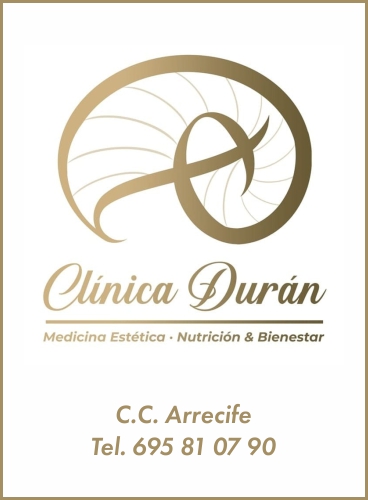Hyaluronic acid is ideal for restoring strength, shine and life to your hair and helps tackle the damaging effects of sun and chlorine
Hyaluronic acid (HA) is a substance that the human body produces naturally, especially in our skin and joints. Unfortunately, however, between the ages of 25-30, our capacity to produce hyaluronic acid starts to decline. For our skin, this means a loss of hydration, elasticity and firmness. It affects our hair by making it more susceptible to sun damage, salt water, chlorine from pools, dyes, etc.
Logically then, we can use hyaluronic acid to help repair damaged skin and hair and protect them against harmful environmental factors. In addition, HA can absorb up to a thousand times its weight in water, making it ideal for moisturising dry, damaged hair. While HA increases elasticity, it decreases brittleness, making it easier to comb, giving fine, lifeless hair volume and shine, and making it stronger and healthier.
It is important to use quality products. In cosmetics, a concentration of more than 2% in a serum or mask-type product is considered a very high percentage, so it will have an efficient moisturising effect.
For cosmetic use, there is no single catch-all. Different types of hyaluronic acid should be applied according to your needs. Depending on the molecular weight of the HA, it has a greater or lesser capacity to penetrate the skin. A high molecular weight, for example, has large particles, so instead of penetrating the skin, it will remain on the surface, providing a desirable filling effect. With low molecular weight hyaluronic acid, the particles are smaller and better able to penetrate the dermis to moisturise and plump your skin more effectively at the same time as it stimulates the body’s natural collagen and hyaluronic acid production.
Hyaluronic acid may be cross-linked or non-cross-linked. The former is injected as a filler in specific areas. In contrast, the molecules of non-cross-linked hyaluronic acid have a lower density. This means they do not form a water retention barrier and can circulate freely. This is the variety used in hair cosmetics for topical use, such as hair masks, creams, shampoos and other products.
Before choosing a treatment right for you, it’s a good idea to have your hair analysed to pinpoint the problem and establish the extent of any damage.





